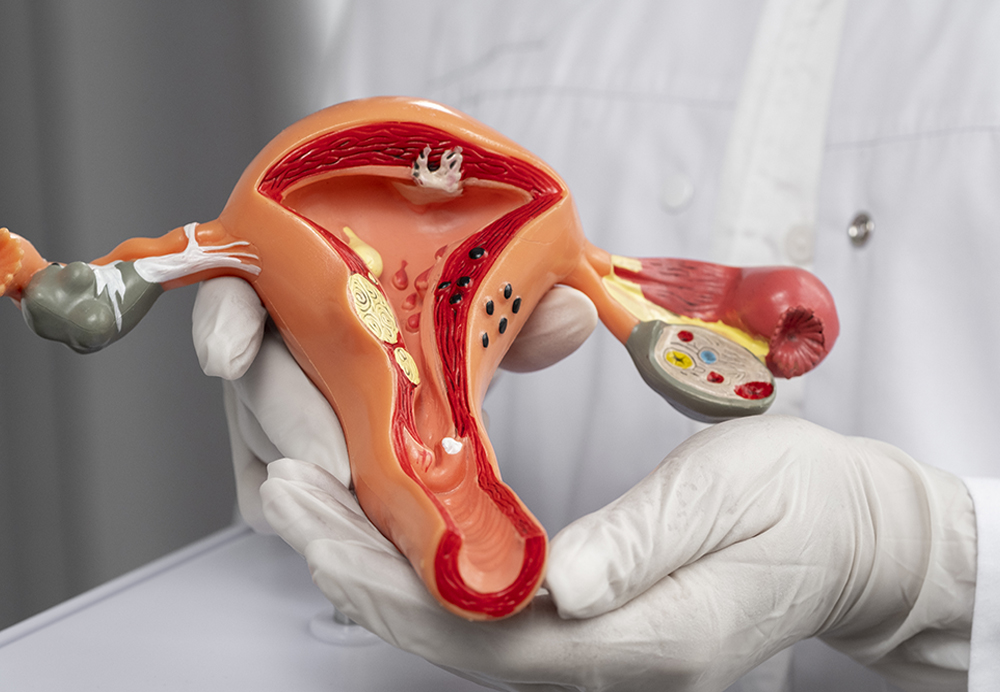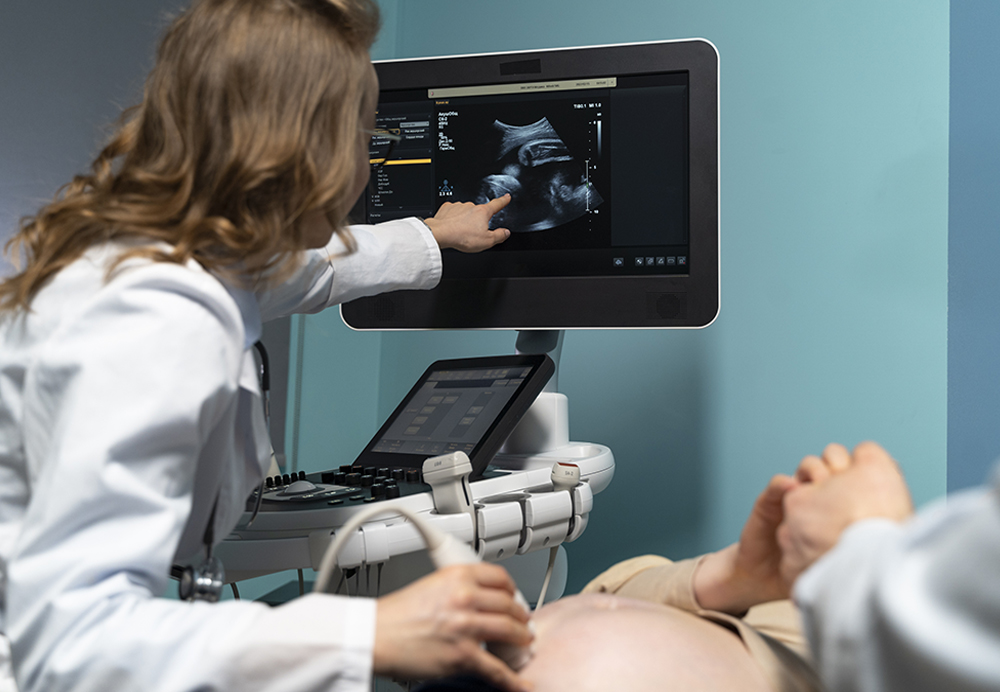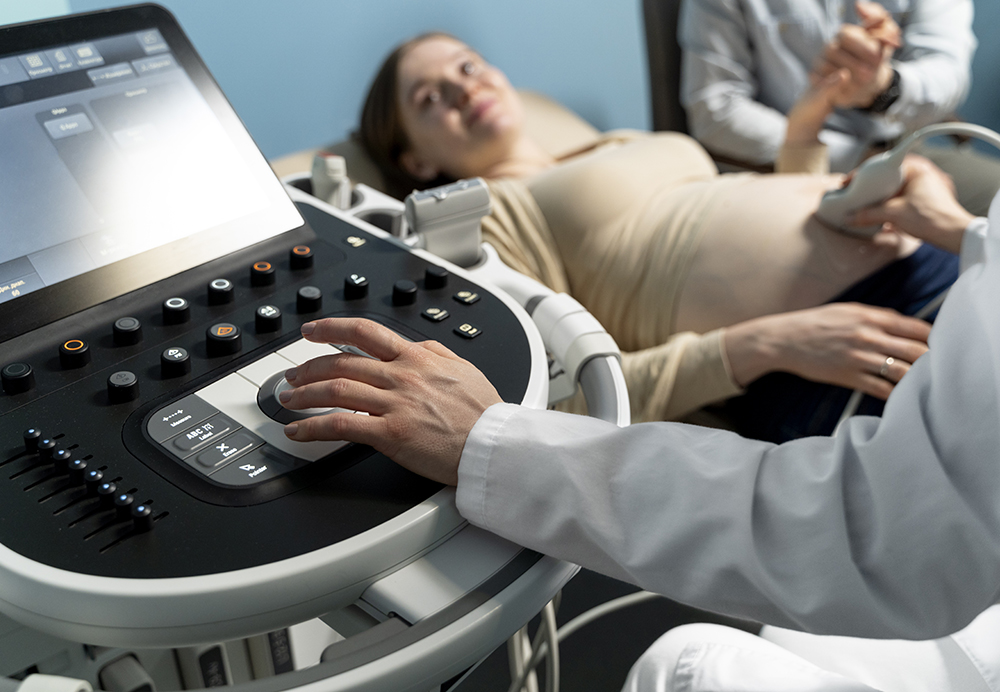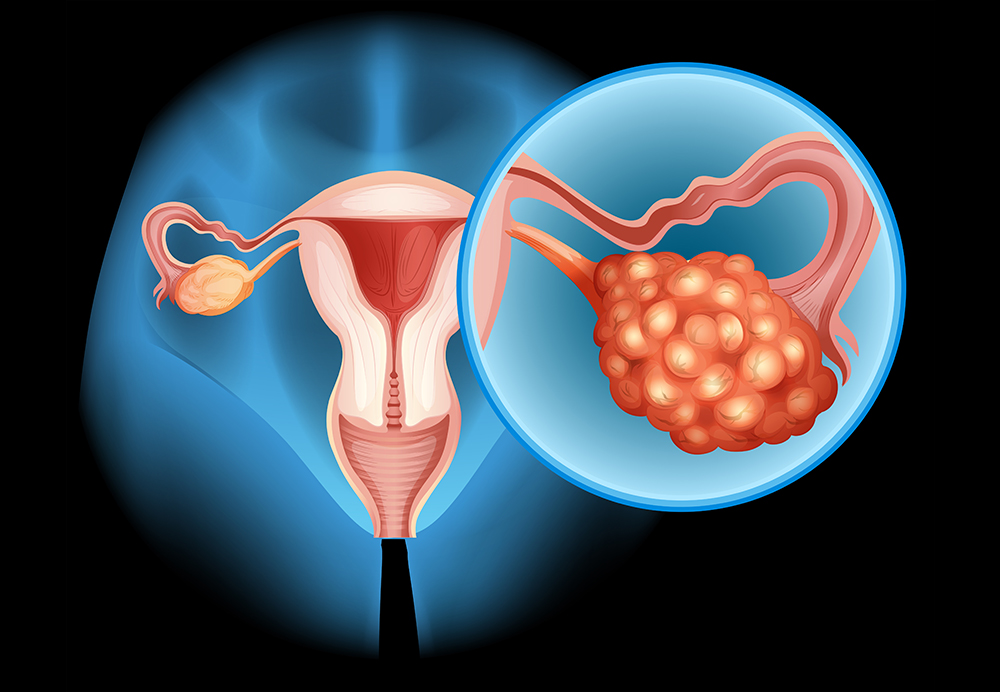


Welcome To Dr. Mulay Superspeciality Hospital
Dr. Mulay Superspeciality Hospital is a 21-bed hospital located at BT Kawade Road, Hadapsar, Pune. The hospital was inaugurated by our Guruji, Sri Sri Ravi Shankar on 11th February 2019.
It is mainly a UROLOGY and GYNECOLOGY setup of Dr. Abhirudra Mulay and Dr. Pallavi Mulay. The hospital offers advanced treatment modalities in the field of UROLOGY and GYNECOLOGY. The entire hospital team assures its patient’s COMPASSIONATE and HONEST medical and surgical management.
Apart from the LASER machine used for ENDOUROLOGY (stitchless) surgeries for kidney stones and prostate, we now happily announce the installation of LITHOTRIPSY (NONSURGICAL KIDNEY STONE MANAGEMENT) machine in our hospital. Only 3 hospitals in the EAST OF PUNE have a lithotripsy facility and we are 1 among them. With this, we now have EVERYTHING IN UROLOGY UNDER ONE ROOF!!!! In the last 3 months that we are fully operational, we have successfully treated over 250 patients. We thank all our patients for showing trust in us!!

ExcellentBased on 48 reviews
 Nitin Chavan2024-04-12Dr. Abhirudra Mulay is one of the best urologists and kidney transplant surgeons in Hadapsar. He is cooperative and helpful. He advises and plans treatment as per your convenience and diseases. He is truly an expert on kidney surgeries and urology-related problems. Thank you, Dr. Abhirudra Mulay, sir and his whole team member.
Nitin Chavan2024-04-12Dr. Abhirudra Mulay is one of the best urologists and kidney transplant surgeons in Hadapsar. He is cooperative and helpful. He advises and plans treatment as per your convenience and diseases. He is truly an expert on kidney surgeries and urology-related problems. Thank you, Dr. Abhirudra Mulay, sir and his whole team member. Suryabali Patel2024-04-12Very Good service
Suryabali Patel2024-04-12Very Good service Arpita Behera2024-03-18Highly recommend Dr. Abhirudra Mulay for anyone dealing with kidney stones. Thank you for your excellent care and support throughout the process.
Arpita Behera2024-03-18Highly recommend Dr. Abhirudra Mulay for anyone dealing with kidney stones. Thank you for your excellent care and support throughout the process. Sujeet Rawade2024-03-16Dr. Abhirudra Mulay is an excellent urologist. His expertise, patient care, and effective treatment have greatly improved my health. Highly recommended!
Sujeet Rawade2024-03-16Dr. Abhirudra Mulay is an excellent urologist. His expertise, patient care, and effective treatment have greatly improved my health. Highly recommended! Bhimprasad Joshi2024-01-23I can't speak highly enough about Dr. Abhirudra Mulay. As a patient who underwent two kidney stone removal surgeries under his care, I found him to be exceptionally knowledgeable and approachable. His thorough explanations of procedures and available options, coupled with regular updates, made the entire process not only smooth but also made me feel more confident and well informed. Dr. Mulay's availability during emergencies, both in person and on call, further emphasizes his commitment to patient care. I'm truly thankful for his expertise.
Bhimprasad Joshi2024-01-23I can't speak highly enough about Dr. Abhirudra Mulay. As a patient who underwent two kidney stone removal surgeries under his care, I found him to be exceptionally knowledgeable and approachable. His thorough explanations of procedures and available options, coupled with regular updates, made the entire process not only smooth but also made me feel more confident and well informed. Dr. Mulay's availability during emergencies, both in person and on call, further emphasizes his commitment to patient care. I'm truly thankful for his expertise. Sachin D2024-01-04I highly recommend Dr. Abhirudra Mulay for his exceptional care and expertise in urology. My 75-year-old father received excellent treatment under his guidance. Dr. Mulay not only diagnosed the issue accurately but also demonstrated mastery in performing the necessary surgery. His helpful and understanding approach made the entire process smoother. I confidently recommend Dr. Mulay to anyone facing urological problems; he is truly a dedicated professional. I can confidently refer him and rate him as best in town. Sachin dhopte
Sachin D2024-01-04I highly recommend Dr. Abhirudra Mulay for his exceptional care and expertise in urology. My 75-year-old father received excellent treatment under his guidance. Dr. Mulay not only diagnosed the issue accurately but also demonstrated mastery in performing the necessary surgery. His helpful and understanding approach made the entire process smoother. I confidently recommend Dr. Mulay to anyone facing urological problems; he is truly a dedicated professional. I can confidently refer him and rate him as best in town. Sachin dhopte Shubham Bhujbal2023-10-18Best urologist in pune. I had stone but Dr Mulay treated me well. The hospital staff is also very good. Dr Mulay treated me very well. The cost of the hospital was also not high. I had so many doubts but sir answered all the questions very well and calmly. I'm fine now. Thank you sir.
Shubham Bhujbal2023-10-18Best urologist in pune. I had stone but Dr Mulay treated me well. The hospital staff is also very good. Dr Mulay treated me very well. The cost of the hospital was also not high. I had so many doubts but sir answered all the questions very well and calmly. I'm fine now. Thank you sir. Aaryansh Joshi2023-06-22Extremely patient and compassionate urologist with great skills and knowledge. Happy to get my husband's treatment under his care. So grateful
Aaryansh Joshi2023-06-22Extremely patient and compassionate urologist with great skills and knowledge. Happy to get my husband's treatment under his care. So grateful Rohit Jadhav2023-03-12Dr Abhirudra sir is perfect at his work. I met the doctor and counselled me nicely ,he explained all the consequences of current problem in detail and shared a clear plan of treatment and Surgery.. I am totally satisfied and very Happy with the treatment. I like one of the best think in him patient satisfaction is his goal not money... Hospital staff also very nice and humble.. I will recommend him, for those who have urinary problems. Thanx Dr Abhirudra sir
Rohit Jadhav2023-03-12Dr Abhirudra sir is perfect at his work. I met the doctor and counselled me nicely ,he explained all the consequences of current problem in detail and shared a clear plan of treatment and Surgery.. I am totally satisfied and very Happy with the treatment. I like one of the best think in him patient satisfaction is his goal not money... Hospital staff also very nice and humble.. I will recommend him, for those who have urinary problems. Thanx Dr Abhirudra sir omkar rajput2022-12-07Must say, Dr.Abhirudra mulay is one of the best urologist in hadapsar,pune. He is one the best urologist in th pune. Well managed by staff too.Must visit once for detail information.
omkar rajput2022-12-07Must say, Dr.Abhirudra mulay is one of the best urologist in hadapsar,pune. He is one the best urologist in th pune. Well managed by staff too.Must visit once for detail information.
Blogs
Healthy Pregnancy Habits Your Guide to a Healthy Pregnancy
As you begin this amazing adventurous of creating new life, it is part to priorities your health for both you and your baby. Developing healthy habits during pregnancy is the foundation for a safe and joyful journey. Here you are whole guide to developing healthy pregnancy. Depend Body: During pregnancy eating a healthy, balanced and […]
Avoid these Foods If You Have Kidney Disease
Maintaining a balanced diet is an issue for people with kidney disorders. Certain foods might put extra strain on the kidneys, worsening the patient’s condition. To support kidney health and avoid further difficulties, it is critical to be aware of which foods should be ignored. In this post, we’ll look at some common meals that […]
What Is IVF Treatment For Pregnancy, And How Does It Work?
Are you trying to conceive but facing difficulties? Have you tried every possible method without success? Fear not! In Vitro Fertilization (IVF) treatment might be the solution you’ve been searching for. In this blog, we will delve into the concept of IVF, explain why it is performed, outline the steps involved in the process, and […]
How to deal with high-risk pregnancy?
Bringing a new life into the world is a beautiful journey, but for some expecting mothers, it comes with added challenges. A high-risk pregnancy can be daunting, but with the right knowledge and support, you can navigate it successfully. In this guide, we’ll explore what defines a high-risk pregnancy, common risk factors, and crucial steps […]
TAKE THE FIRST STEP
Our Specialists Seek Help. Get All Your Doubts Cleared












